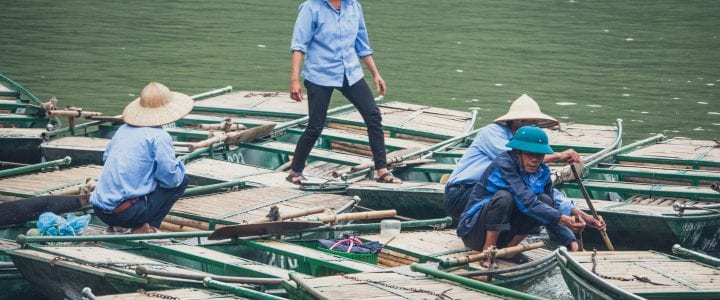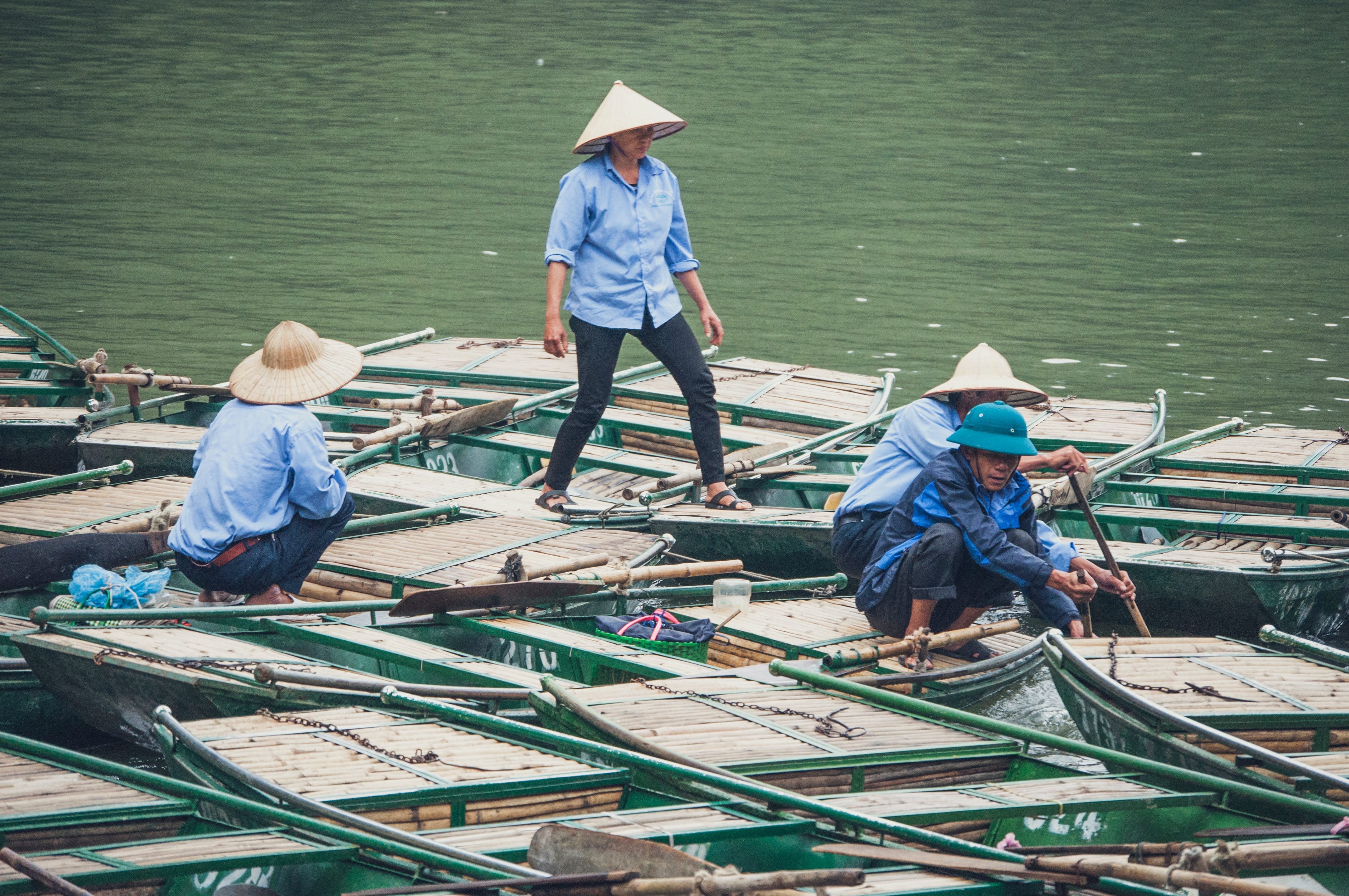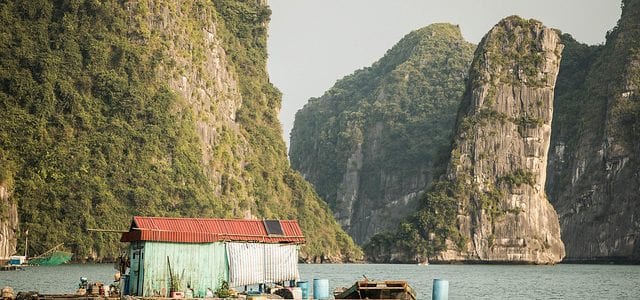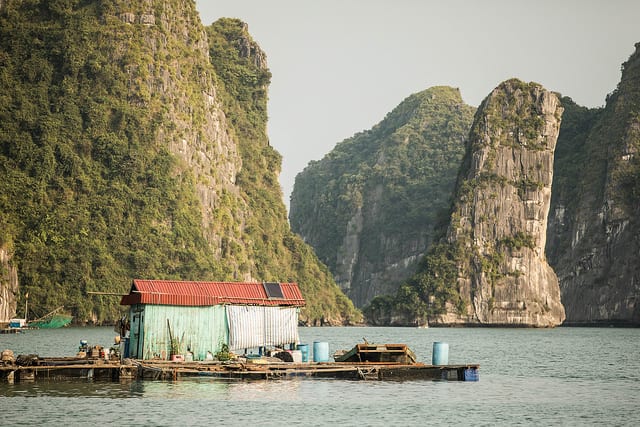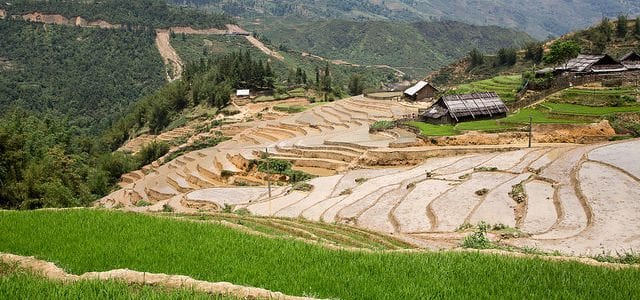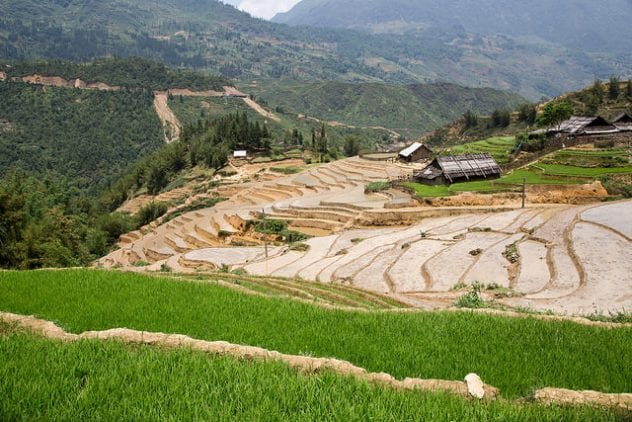BACKGROUND
Centre for Marinelife Conservation & Community Development (MCD) is a leading Vietnamese NGO in the field of coastal and marine ecosystem conservation and community livelihood development. MCD’s focus of works includes environment & natural resources management, community sustainable livelihood development, communications and policy advocacy, in which climate change response, disaster risk reduction, gender equality are the cross-cutting issues.
MCD would like to engage RMIT students in one of its on-going projects which aims to contribute to more effective solid waste management and a significant reduction of plastics waste pollution of the marine environment in Nam Dinh Province. The project provides technical assistance to the governmental authorities and raises community awareness, directly targeting 109,000 people whose livelihoods and health depend on the rivers and the sea.
AIM:
In this project, students will conduct a research and test technology solutions for low-cost locally available systems of riverine trash collection (i.e. trash trappers/trash nets) in Nam Dinh province. The research can be conducted at RMIT Melbourne but will require one short trip to Vietnam to undertake field work.
DELIVERABLES:
| No. | Main Deliverable | Description | Estimated Timing |
| 1 | Project Plan | Students discuss with MCD and RMIT academic supervisors about a detailed project plan. | May 2019 |
| 2 | Literature Review | Students work under their academic supervisors to review relevant literature. | June 2019 |
| 3 | Field work | Students travel to Vietnam and work with MCD project team:
– Activity 1: Piloting of practical models for collecting and treating solid waste from waterways and estuaries (which were designed in Phase 1). – Activity 2: Data entry and analysis (into the database which was designed in Phase 1). |
1-21/7/2019 |
| 4 | Field work report | Field work report to be submitted to MCD. | Early August 2019 |
| 5 | Project report | Project report to be submitted to RMIT for assessment. | June 2019[1] |
DESIRED STUDENT ATTRIBUTES:
- Activity 1: Final year/Honours Environment Engineering and/or Sustainable Systems Engineering students
- Activity 2: Final year Data Analytic/Data Science students
FUNDING AND OTHER REQUIREMENTS:
- Students need to enroll in one of the relevant courses at RMIT.
- Travel grants (AUD3,000) are available for eligible students[2] to support the field work. Students may be required to contribute up to AUD500 to cover all the costs.
[1] RMIT academic supervisor may add more activities for an Engineering Capstone Project and the deadline for the final report will be end of semester 2 (end October 2019).
[2] Australian citizen or Permanent resident undergraduate students who haven’t got any New Colombo Plan short-term grants before.
APPLICATION PROCESS:
* Submit your expression of interest at our website together with your CV and recent academic transcripts.
* If your application is shortlisted, we will invite you to come for an interview where we can discuss options for the enrolling course and potential start date as well as the potential project that you are interested in (note: the projects will relate to marine waste management)
* Selected students are required to pay $150 deposit. This amount will be returned to students after they start the internship. If the students withdraw from the program at late notice (2 weeks before the start date), this amount will be considered as a financial penalty.
